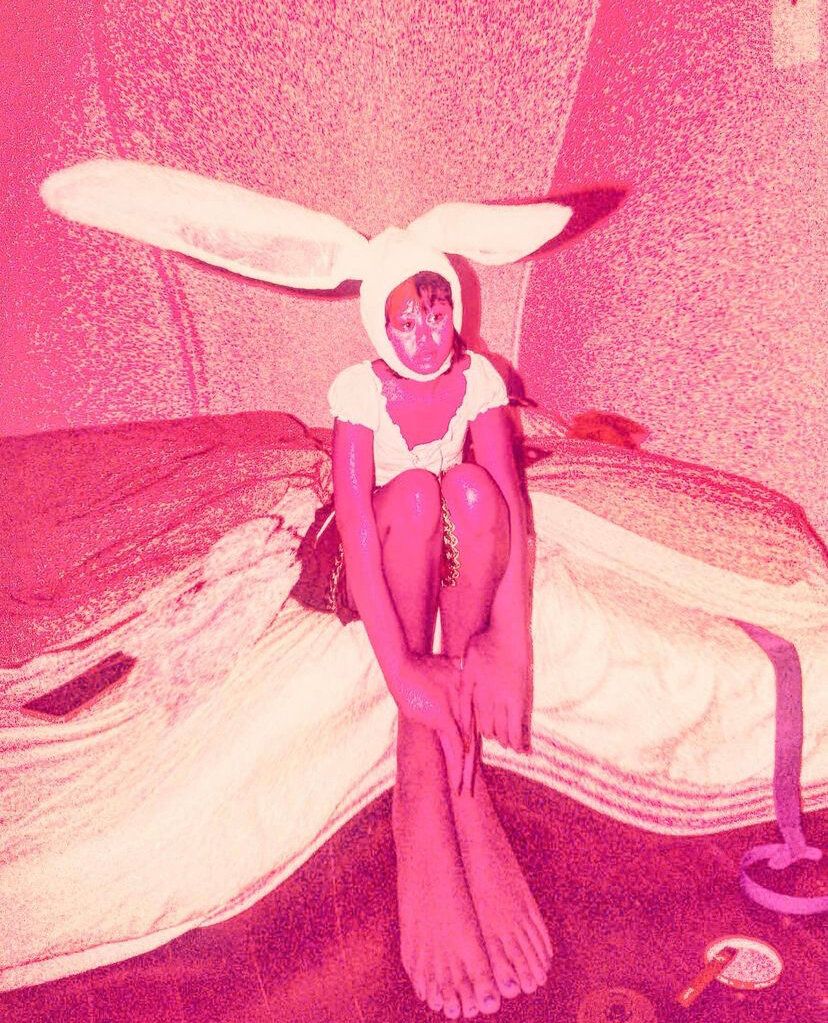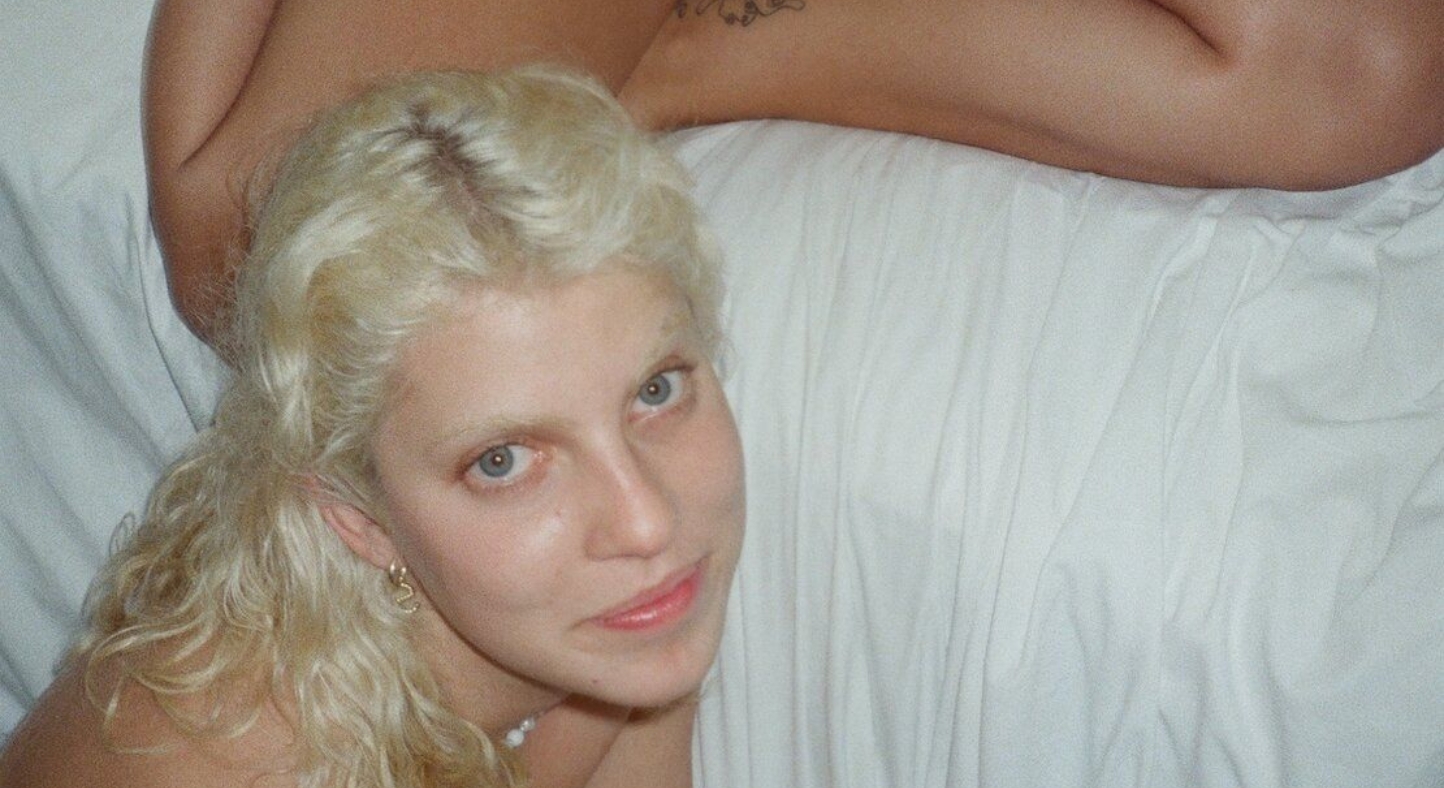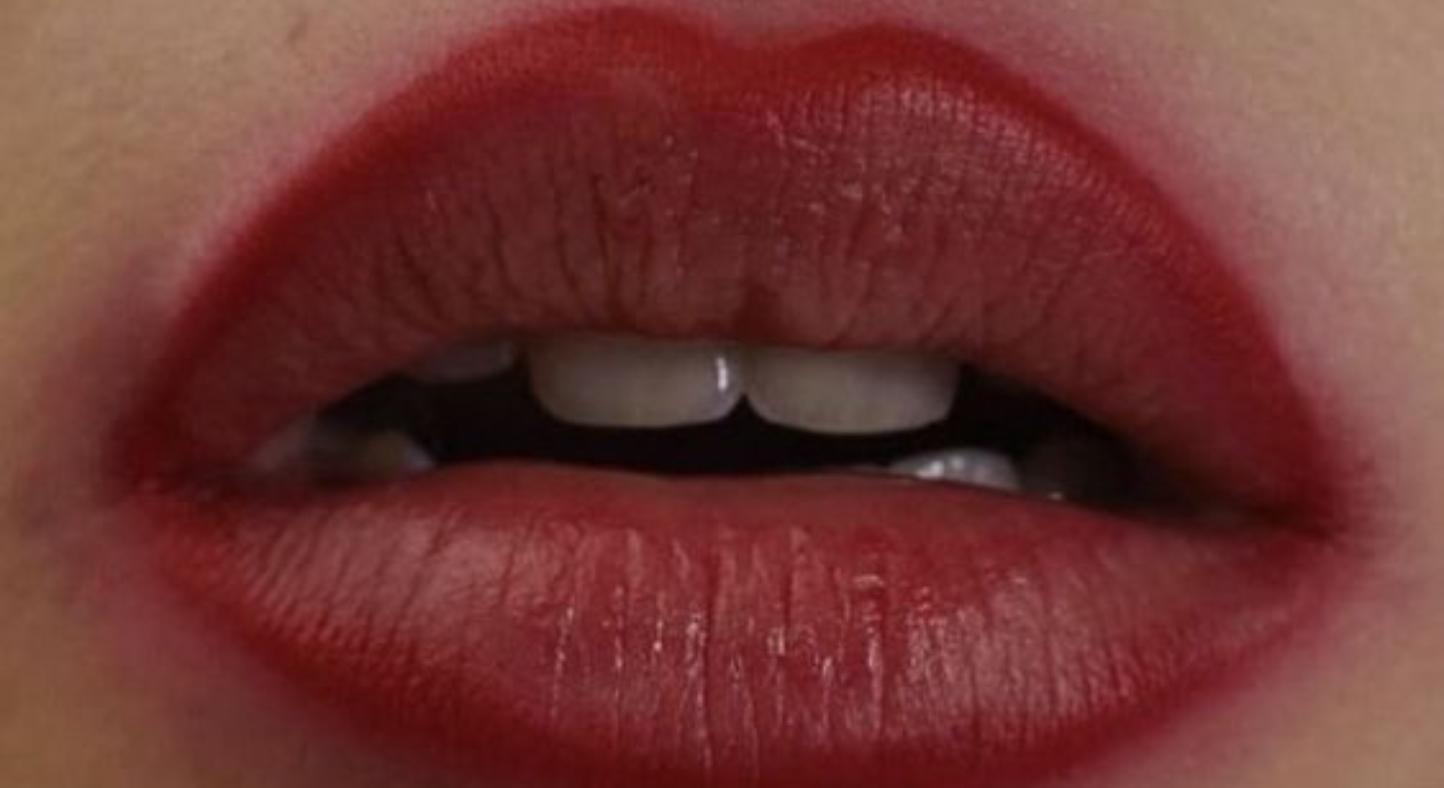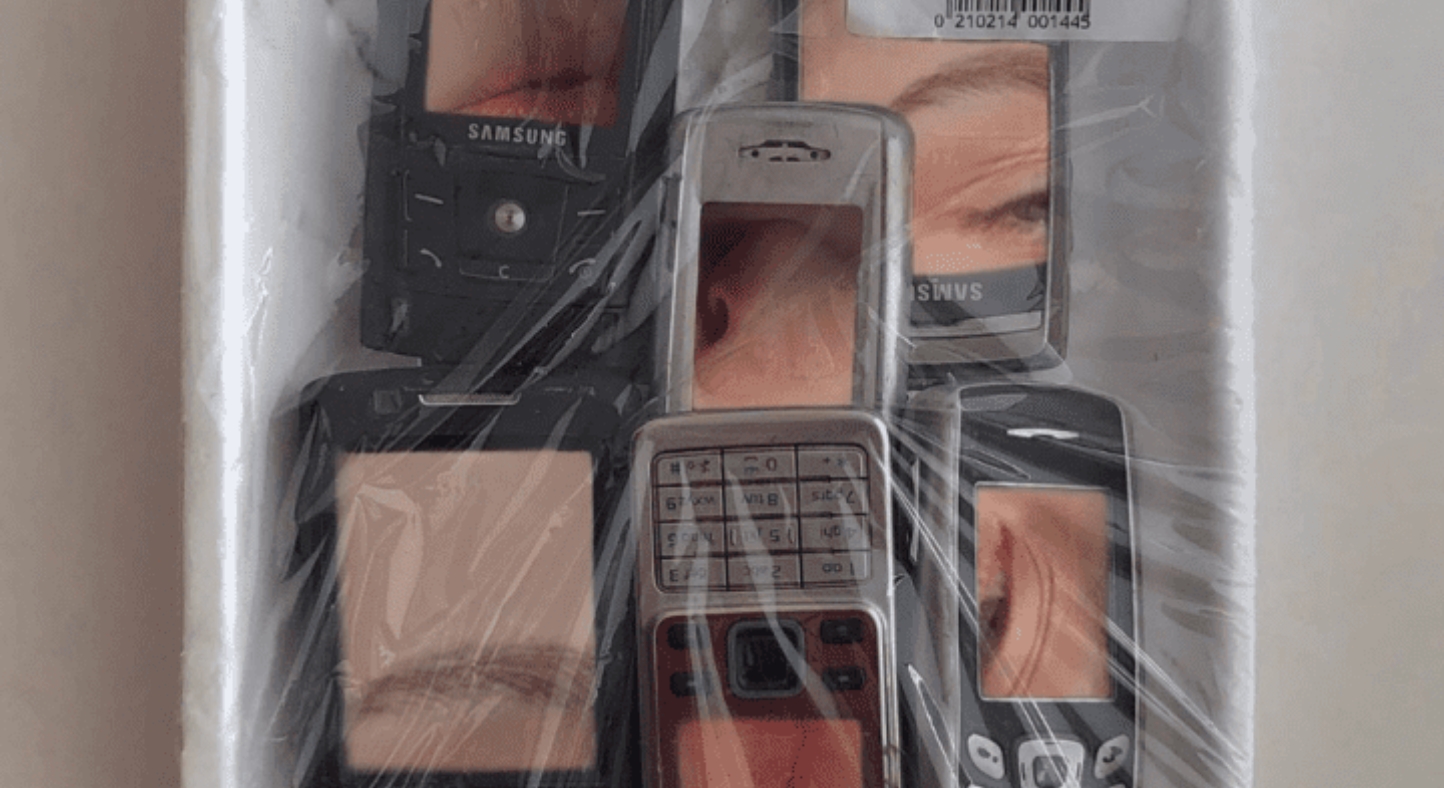Seeking a home between the binaries
“Am I straight or just running away from myself?”
It was something my restless mind had often turned over – the fact that my sexuality had been irreversibly altered by the rape. I found myself wondering if I would ever return to a semblance of ‘normality’ after such an event, feeling confused as to why touch from another human felt so alien and cold. Maybe some wiring had fallen out of place in the squabble. Wiring combobulated by heterosexual societal norms and the self-ness I had lost.
The modelling of ‘straightness’ I’d been fed my entire young life, religious and unaffectionate, now felt threatened. It flaked in the sunlight like a worn vehicle, lurching to its next service. This new uncertainty claiming residence in my sacral erupted every time my sexuality was poked. The vivacious character I had always played in rooms of people felt increasingly hollow. For the first time, I became aware of how my grand act of amplifying my femininity in order to receive approval from others was a charade for protection. I was broken, so I believed; disfigured somehow. Little did I know that this anxiety that grew within me was in fact a positive curiosity knocked from its resting place – one that had always danced with a softness in my veins – come to take me home to myself.
At first glance, this may seem like a confessional piece but writing it, it feels more like a discussion. One about identity as a fluid concept, unravelling on a continuum. There are few greater privileges than the love I share with the people in my life, specifically Odette/Odie – another sexually fluid human who has been present for much of my unfurling over the past few years. We speak often about what it means to discover and accept our realities: that things aren’t always straightforward when it comes to sexuality and the relationships we tend to.
I remember being eight or nine with a group of my close girlfriends at a sleepover. I’m not sure who introduced the game to us all but one day we unanimously decided that it was our new favourite. We’d all build a cubby house and someone would lie underneath it. The rest of us would get to go in one by one and lie with them, straddling each other and moving our bodies in ways that felt good. There was no desire, no kissing, no fondling with our hands, no perverted sexual delight, just an acknowledgement that it felt tingly and nice “down there” to rub against each other in this way. We all waited patiently to have our turn being the chosen one under the cubby-house. It feels strange to write about it, but that’s all it was: play.
I still remember the fright we’d get when footsteps approached the closed door we played behind. We’d have a few seconds to disperse from our body puddles, our container of safety disrupted by an incoming parent or sibling. Looking back, this was the only sign that we had known on some level, in some way, that there was something about the game we were playing that made it unacceptable – that we should hide our experimentation shamefully. Owning this has worn differently over the years. The unspoken is a place where stories are commandeered by our subconscious and all of the hurts we haven’t released, sometimes unfavourably.
A little while ago sitting on Odette’s couch, she had delivered me a freshly poured drink. Vodka, I think. The importance of the contents of the cup fell second to the words I had been yearning to pull out of my mouth and lay on the table to examine with her: “Now that I’m certain I’m interested in more than just guys, I don’t know what to do. It’s actually making me feel really anxious.” I’d been on a few dates with women in the past year, and spoken to plenty of humans on Hinge and Tinder, but my sexual curiosity felt stunted by fear somehow. I’d kissed women and been intimate with them in different drunk contexts, like many of the sexual escapades of my early adulthood. But the more I realised I liked women as well as men, the more it felt like I didn’t know anything about who I was. It felt overwhelming waiting to find out what box I fit into, almost like how I’d felt waiting to lose my virginity.
I told Odie that recently I found myself crushing on a girl I’d never spoken to long enough to know if she was open to receiving my energy in a more than platonic way. My hesitancy in bridging this space between meeting someone in an explicitly platonic space and then communicating my attraction to them came from a distinct feeling of unsafety I’d known too well. Like when a man harboured hidden intentions to pursue something romantic or sexual through the guise of a friendship – his true feelings bubbling away under the surface. When the veil of pretence fell, I felt the loss of moving from considered friend to prey, narrowly missing a carefully laid trap.
I wondered if I had the capacity to make anyone feel unsettled in that way with my sometimes silent yet often pressing intensity of attraction. I’d always described my sensual energy as alluring or coy, but maybe that wasn’t it. Maybe the thing I wore as allure really was just how I survived my confusion with “What am I?”. The question itself revealing my innate subscription to the believe that I was supposed to be something definite.
“Why don’t you just tell them that you think they’re rad and ask them if they’d want to go on a date?” is the paraphrased advice both Odie and my counsellor have given me numerous times about dealing with my shyness when it comes to attraction. The same advice any human would receive regardless of their sexual orientation. The thing is, the thought of telling anyone I might potentially have a crush on them felt like the emotional equivalent of walking in front of a bus. The fear felt more certain than the crush itself.
Explaining this sensation to Odie, she knew what I was referring to. She told me that for quite a long time in her journey when she had noticed feelings of attraction towards humans outside of a heternormative space, she denied the validity of them. Thoughts like, “what if they’re not real?” and, “what if I change my mind?” dominated her internal dialogue, similar to mine. “That’s the beauty of it though”, she said. “You are able to have feelings or attraction to one person one day, and a different type of person the next.” The biggest obstacle she’d had to overcome was accepting her own instincts, allowing herself to trust and listen to how she was feeling. Self-trust just didn’t seem to come easily to us.
Later that night, Odie and I ventured out to a show. At one point, I walked into a conversation between her and a girl I’d never seen before. They seemed to know each other pretty well, so I approached gingerly, conscious of disturbing the conversation flow. Welcoming me in energetically, the girl asked Odette: “Is this your girlfriend?” We laughed and I introduced myself as a dear friend, learning that the other girl was Odie’s recent lover. In what felt like one of the most beautiful fly-on-the-wall moments I’ve had in recent years, I was modelled the fluidity queer relationships often champion. The parted lovers openly reminisced on their fleeting romance, the fun of their sex life and acknowledged the abruptness of how their dynamic outgrew them. Some of the harsher truths, like how one of the girls ghosted the other, petalled into the conversation with a softness I found hard to comprehend. It’s worth mentioning that Odette also has one of the best senses of humour a person can have, which makes even the most awkward of encounters graceful. But I had barely started processing how rare this interaction was before it was over, and Odie and I were headed towards the smoker’s area. “She’s such a fucking cool chick”, Odie said looking back over her shoulder. I couldn’t do much except nod my head like I’d just witnessed gods at work.

Admittedly, I have also sat with the fear of offending people somehow by trying to express this part of my sexuality that didn’t feel like it had a start or end, or any of the motifs of a typical “coming out” story. I wondered who I had to be actively dating and experimenting, to be eligible to consider myself outside of the confines of straightness or to be able to speak about it. Who made the rules or kept watch over the gate, and would I be accepted by them? None of the labels available seemed to fit me well either: gay, straight, bi, lesbian, queer. I do remember telling my parents casually that I thought I was probably pansexual about a year ago (attracted to humans regardless of their sex or gender identity). Other than their initial confusion about what that word meant, the exchange happened so easily, and I felt grateful for how readily accepted my revelation was. But delivering myself in a box still felt reductive somehow.
It was actually during a recent group sexual experience that I witnessed firsthand the liberation of freedom to be nothing but a being loving, receiving and giving sex, while the only criteria for my partner is to be truly respectful of me. To be ungoverned by the constraints of language is perhaps something our souls yearn for more than we know – particularly when it contains an essence of divisiveness. I must acknowledge that for many people, naming their sexual identity is a legitimate safe place, and that demonstrates the delicious multifacetedness of reality. It’s hard to say which came first in creating such identity nooks, whether it was the need to create a self-governed haven for those who felt different to the norm or the persecution of difference by those who felt fearful of the norm changing.
In either case, I feel as if the sexual motions I have passed through and the safer encounters I have been privileged to co-create, have taught me more and more about the omnipresence of tangible love. For me, it’s less about woke-ness or trying to feel enlightened because even those very concepts contain tones of superiority I don’t feel comfortable in. There are still moments where I telescope into ideas about my sexuality, triggering instant anxiety in trying to divide myself as “right” from “wrong”, “self” from “other”. There is only what feels like peace and what feels like violence, and as I am discovering, true peace is never coerced by violent means.





















